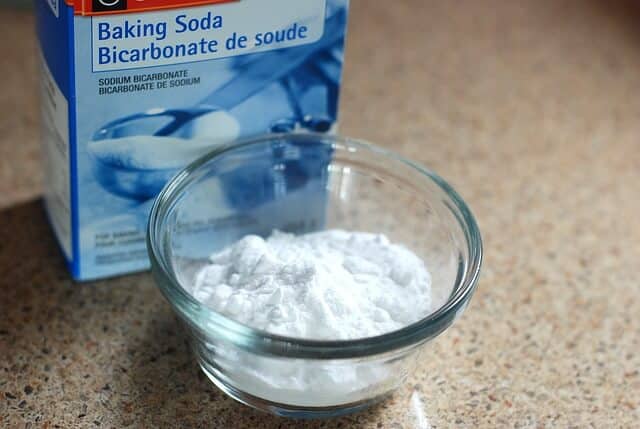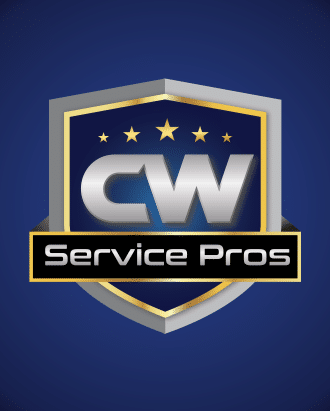No one wants to wake up or come home to a clogged drain. Not only are they extremely inconvenient, lack of proper drainage can cause water to back up, damaging your pipes and even resulting in flooding. Meanwhile, accumulated waste smells terrible and could endanger your family’s health.
When you’re dealing with a clog-and they happen to everybody-chemical drain cleaners may seem like the perfect solutions. You may already have them under your sink, and they’re marketed as being cheap, fast, and easy to use. But cleaning your clog isn’t the only thing they can do. Are you aware of the risks these cleaners sometimes pose?
Learn more about chemical drain cleaners, so you can make the right decision for you when it comes to getting your plumbing flowing freely again.
1. They can damage your pipes.
The main downside to chemical drain cleaners is their caustic nature. They work by dissolving blockages in your pipes with a chemical reaction, effectively burning them away. This means they are often so powerful they can damage your pipes, even melting right through plastic plumbing in PVC. The risk of damaged plumbing is higher if your pipes are older or corroded.
Using chemical cleaners several times can cause extensive damage, severely weakening the pipes over time.
2. They are toxic.
For chemical drain cleaners to do their jobs so effectively, they generally need to be made from fairly aggressive chemicals. Some industrial cleaners contain sulfuric acid, which can be dangerous if misused. More commonly available cleaners tend to contain powerful alkalies, which can:
- Burn the skin
- Irritate your eyes
- Be hazardous to inhale
- Damage your clothes, if spilled.
Chemical cleaners can be extremely harmful or even fatal if swallowed. Always keep them out of reach of children and pets. It’s also important not to mix cleaners, as some combinations may create toxic chlorine gas.
3. They hang around for weeks.
Another problem with chemical cleaners is they are designed to linger for a long time after you use them. They often come in the form of a gel or a thick liquid that clings to the insides of your pipes, ready to tackle blockages as they occur. This gives them even more time to wear away at the inner surfaces of your plumbing.
In addition to sitting within your pipes, the toxic fumes can also linger for an extended period of time after you use them. This means you and your family continue to breathe them in.
4. They can harm your toilet.
You may have noticed that many chemical cleaners come with a warning not to use them in your toilet. This is because they can eat away at the toilet bowl’s:
- Enamel
- Finish
- Porcelain toilet bowl
Just as it lingers in your clogged sink’s pipes, a chemical drain cleaner used in the toilet will also linger in the bowl and in the toilet’s pipes. This could cause the bowl to crack or the pipes to soften in addition to damaging them.
Note: If you do pour a chemical cleaner down your toilet, do not use a plunger afterward. It could cause the chemicals to splash up onto your skin, eyes, or clothes.
5. They are bad for the environment.
In addition to being toxic to you, chemical drain cleaners are toxic to the environment. The cleaners you pour down your pipes can negatively affect the local wildlife, water, and plants. They are toxic to animals and may also be contributing to smog. Even the little bit left in the bottle and thrown in the trash can is damaging to the environment.
6. They don’t always work.
Aside from the dangers associated with chemical drain cleaners, they don’t always clear every blockage. They may work on materials like hair and grease, but if your drains are blocked by a mineral build-up or another stubborn solid, you’d spend your time and money better by opting for another clearing technique. They also won’t help in the case of sewer line issues or a broken pipe.
If you’re in any of these situations, call CW Service Pros for our professional advice. Our licensed technicians are sure to have suggestions for you-or we-can get your plumbing running smoothly again.
4 Alternatives to Try

If you’re concerned about any of the points above, don’t worry! Chemical cleaners aren’t the only solutions out there for unclogging drains.
Alternative #1: Baking soda and cider vinegar is a great, common choice and does a good job with routine maintenance as well.
Alternative #2: Mix baking soda with salt or lemon juice. To use, simply pour the mixed solution down your drain, and leave it there for up to an hour. If necessary to shift the blockage, pour boiling water down.
Alternative #3: A drain snake
Alternative #4: Plain, ol’ boiling water!
If these DIY recipes don’t doing the trick, consider buying enzymatic drain cleaners. Unlike other cleaners, they do not use chemicals. Environmentally safe, they contain bacteria that can clean out hair, food, and other organic clogs. They will even reproduce and clean out any other organic material clinging to your drains and pipes.
For toilet clogs, dish detergent and boiling water are a great combination when a plunger isn’t pulling through.
Using a chemical cleaner may seem like a good short-term solution, but it could cause problems in the long-run, especially if used repeatedly. Many smaller clogs can be handled by one of the DIY options above, or enzymatic drain cleaners like the one CW Service Pros offers. But some clogs require the tools-sewer snakes, smoke tests, cameras, hydrojetting-and expertise of a professional. If you’re not sure or think you need help, we can get to the bottom of your clog. Give us a call at 972-395-2597 for a routine check or an emergency visit!

















